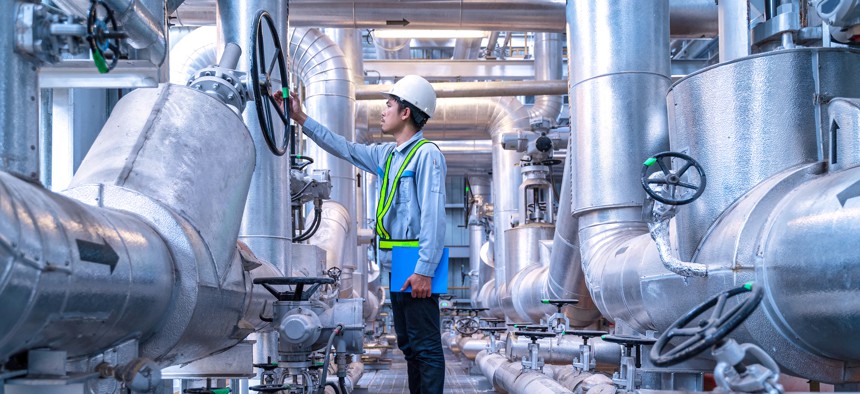Miami taps smart tech to verify commercial water use

Vithun Khamsong/Getty Images
The pilot program aims to identify meters that are not accurately tracking water use and help the county recover revenue lost to undercounting.
Miami-Dade County recently launched a smart tech pilot program to identify inaccurate water meters and potentially recoup lost revenue from undercounted use.
The county announced May 10 a four-month program with Olea Edge Analytics to install sensors that combine artificial intelligence, machine learning and edge computing technology on 25 large, commercial water meters in the area, according to a release.
The bulk of Miami-Dade County’s water metering infrastructure consists of individual residential meters, but the larger, industrial meters—which are difficult to maintain or replace—account for 40% to 60% of a utility’s annual revenue, the release said. Commercial water meters may also lose accuracy by over 10% every year.
"Our pilot with Olea Edge will help us better understand these challenges and identify solutions through the use of AI and edge computing,” Miami-Dade Water and Sewer Department Director Roy Coley said. “Our goal is to ensure large users of water pay their fair share, recover revenue, and advance sustainability goals."
The installed devices will pinpoint common trouble spots in utilities and inform local companies by providing insights, data and recommendations on restoring optimal equipment performance and effective meter reading, the release said. Through the Olea’s CityEdge intelligent computing platform, the county will also digitize its data collection efforts for metering and other associated services.
By using these smart city technologies, the county will ensure that the largest commercial water users will play their fair share for communities, Olea Edge Analytics founder and CEO Dave Mackie said. In 2018, the company partnered with Gwinnett County, Georgia, and later recouped about $50,000 per month from 19 commercial water meters that had been incorrectly measuring flow.
"Miami-Dade is a cradle of innovation, a county on the cutting edge. We are always hunting for ways to leverage novel technology to enhance our sustainability,” Miami-Dade Mayor Daniella Levine Cava said. “Through this pilot project with Olea Edge, we will protect one of our most valuable resources—water, reduce waste and save taxpayer dollars.”





